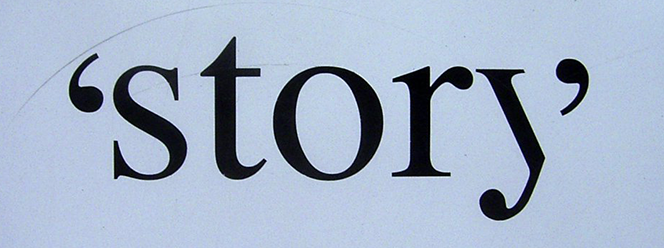
More Complex Than A Story Can Tell

In whatever shape it may take, whenever I hear a story, I find myself wondering how it is serving the person who is telling it. I understand what’s being presented is not the whole story, and perhaps, it’s not even half. It’s the version of the story the storyteller wants to share with me and it’s the version of the story they want to see.
We can have a lot of unconscious motivations and intentions behind the stories we tell, and while it would be lovely to think they are all pure and love-filled, this may not be true. We share stories to share a story—to share a version of events that we feel will be emotionally impactful. It’s not the truth per say, otherwise we might call it that.
I suppose I don’t put a lot of value on my own stories and those of others. They are there to entertain and educate, but to hold them as “the truth” and/or to hold my own experiences up to them in comparison, feels like a fool’s game. A story might sound complete but the truth is, it only contains the parts wanted to be shared, the parts that keep it intact and “true.” The whole truth is far more nuanced and complex than any story can tell.
Stories by their definition and essence are leading. They are meant to take you on a journey where the course has already been planned. We need to see stories as such, for our own health and happiness. We need to know they are not “the truth,” and are not intended to be. They are simply creations of our experience and our imagination, and how we need to perceive things. There is no need to attach to them.
Write your stories. Love your stories. And acknowledge them for “the truth” they are not. See the stories you attract—and are attracted to—for what they are: expressions of you, and how you perceive your world.
photo credit: duncan c
